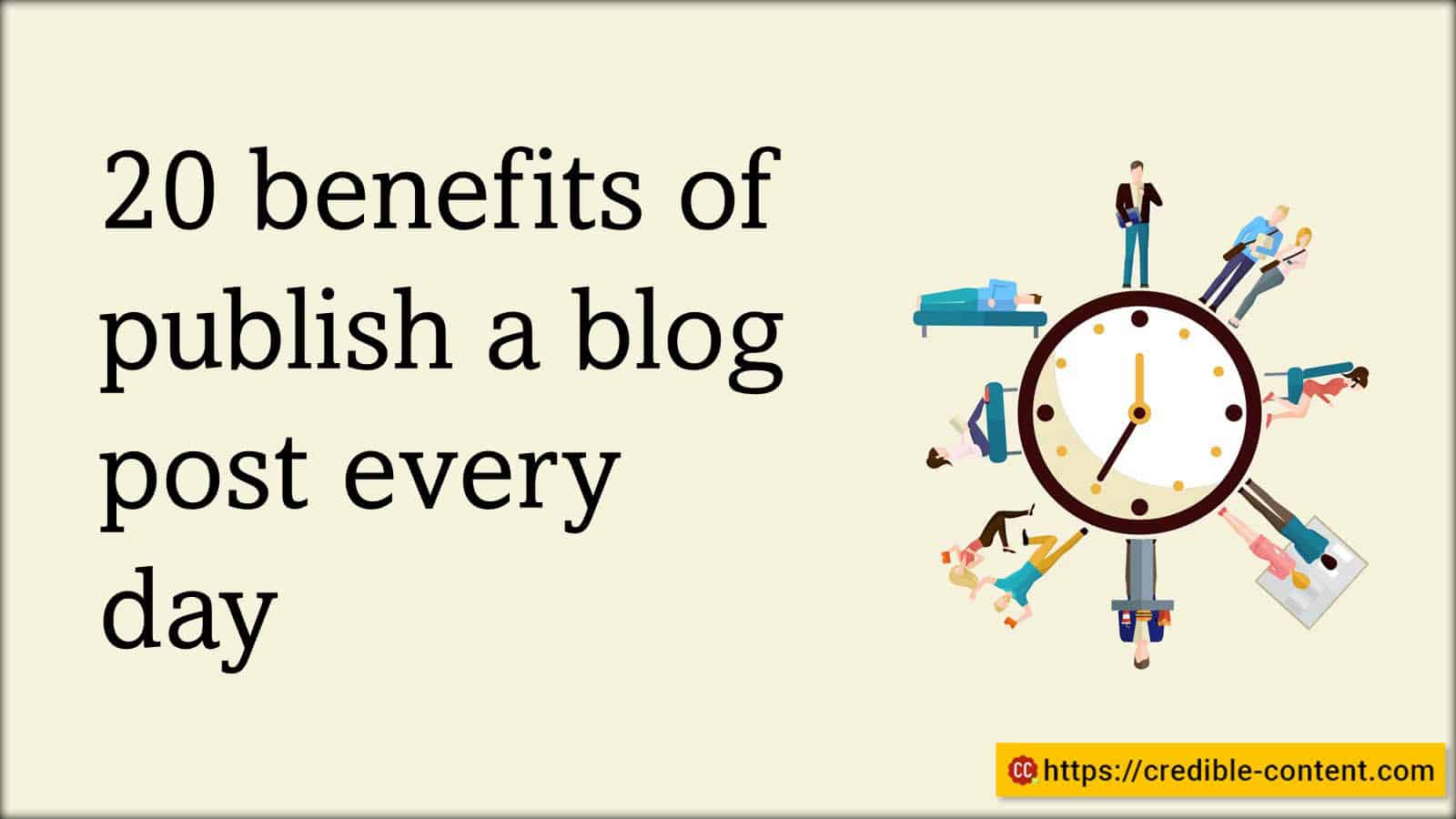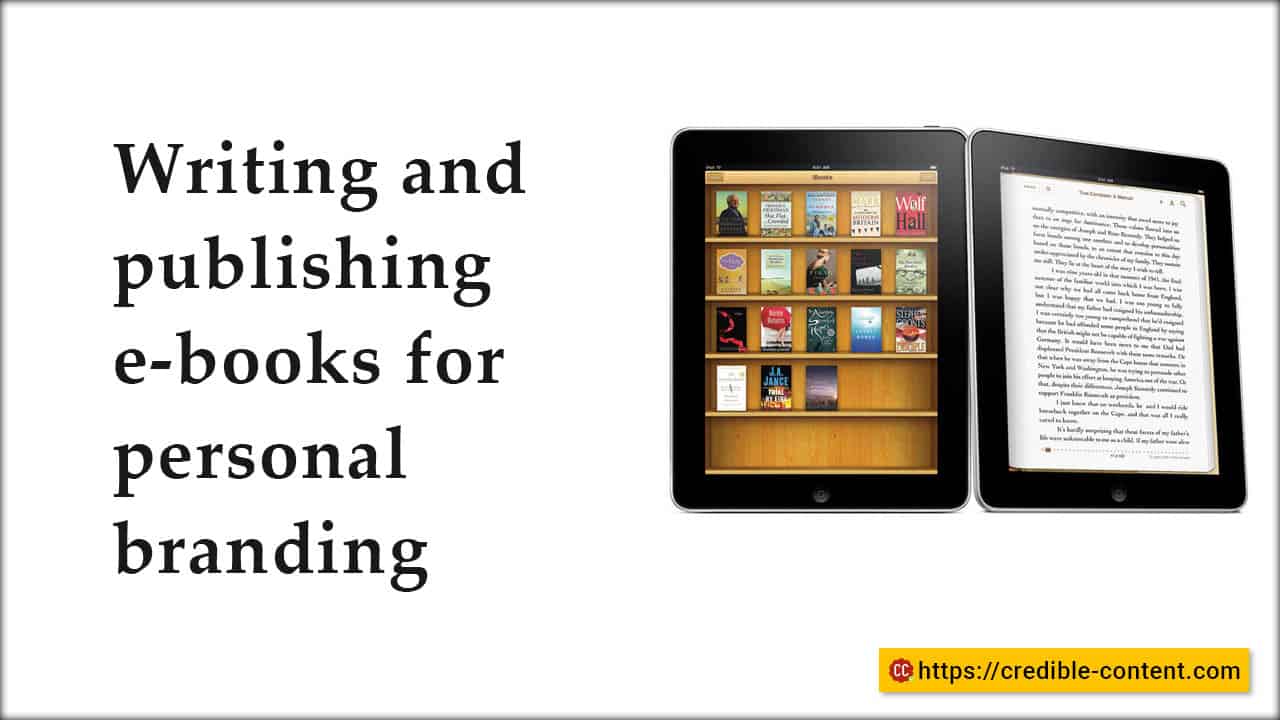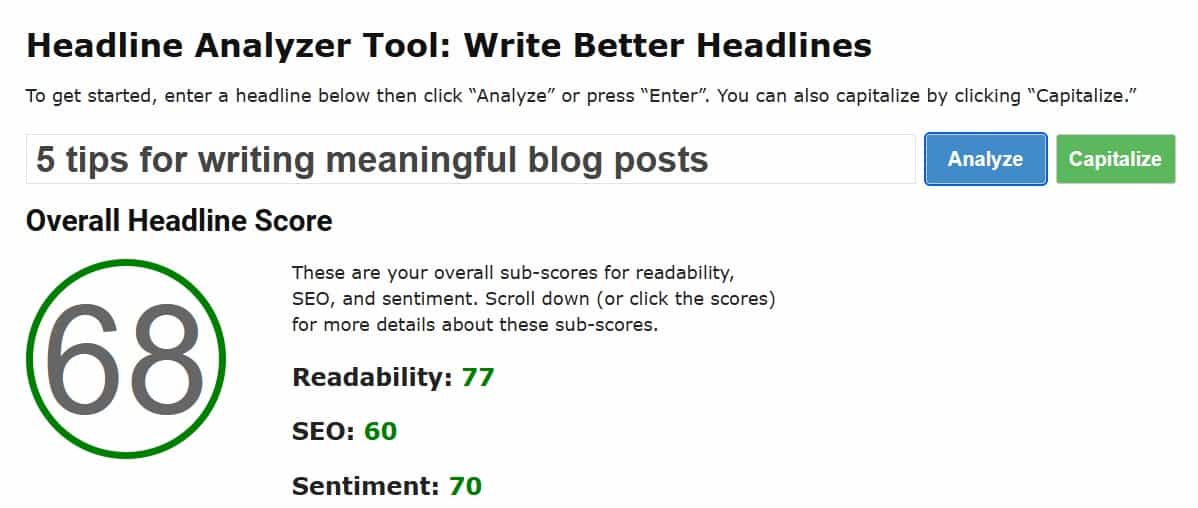Blogging has become an integral part of online communication and content creation. What are the benefits of blogging everyday? Should you be blogging everyday?
Main points covered in this blog post:
- Daily blog posts signal to search engines that your website is active and regularly updated.
- Quick indexing improves visibility in search engine results pages (SERPs) and attracts organic traffic.
- Active websites are crawled more frequently, leading to prompt indexing of new content.
- Improved SERP visibility increases the chances of attracting relevant users.
- Increased visibility in SERPs drives more organic traffic to your website.
- Regularly updated websites are considered more reliable and trustworthy by search engines.
- Publishing daily demonstrates valuable and fresh content, positively impacting search rankings.
- Higher search rankings lead to increased visibility and organic traffic.
- Regular updates build credibility and trust with both search engines and users.
- Active websites are prioritized for indexing and inclusion in search results.
- Daily blogging expands keyword coverage, attracting a diverse audience.
- Targeting specific keywords increases organic traffic from users searching for those keywords.
- Daily blogging captures a wide range of audience interests and search intents.
- Regular updates provide up-to-date and relevant information, enhancing the user experience.
- Daily blogging maintains a competitive edge and satisfies user demands.
- Content-rich websites improve user engagement and reduce bounce rates.
- Active websites receive more backlinks, social shares, and mentions, boosting search rankings.
- Consistent publishing builds audience loyalty and increases repeat visits.
- Daily blogging establishes thought leadership and expands influence.
- Regular updates adapt to changing search trends and algorithm updates, ensuring relevance.
Publishing a blog post every day offers a multitude of advantages that can significantly impact your online presence and blogging success.
In this article, I will explore 20 key benefits of daily blogging, including how it expedites content indexing by Google, expands keyword coverage, increases content depth, boosts search engine traffic, and facilitates the discovery of more useful information from the web.
1. Faster Indexing by Google: Benefits of Blogging Everyday
- Consistent daily blog post publishing signals activity and regular updates to search engines.
- Blogging everyday facilitates faster indexing by Google due to regular updates.
- Improved visibility in search engine results pages (SERPs) through regular blogging.
- Blogging everyday increases chances of attracting organic traffic quickly.
Consistently publishing blog posts every day signals to search engines like Google that your website is active and regularly updated.
As a result, your content gets indexed more quickly, improving its visibility in search engine results pages (SERPs) and increasing your chances of attracting organic traffic, much faster.
2. Expanded Keyword Coverage: Benefits of Publishing Blog Posts Every Day
- Daily blogging covers a greater number of keywords and search queries.
- Each post targets specific long-tail keywords or explores different facets of a broader topic.
- Blogging everyday provides more opportunities to capture a diverse audience.
- Comprehensive keyword coverage increases chances of attracting targeted organic traffic.
Daily blogging allows you to cover a greater number of keywords and search queries.
Each post can target specific long-tail keywords or explore different facets of a broader topic, providing more opportunities to capture a diverse audience.
This comprehensive keyword coverage increases the chances of attracting targeted organic traffic from a wide range of search queries.
3. Increased Content Depth: Daily Blogging Everyday Benefits
- Regular blog posts allow for deeper exploration of topics.
- Each post adds more insights and knowledge, building upon previous ones.
- Increased content depth enhances value for readers.
- Establishes expertise and authority in the subject matter.
Regularly publishing blog posts enables you to delve deeper into topics and provide more comprehensive information.
Each post adds another layer of insights and knowledge, building upon the previous ones.
Writing and publishing blog posts every day not only enhances the value you provide to readers but also establishes your expertise and authority in the subject matter.
4. Enhanced Search Engine Traffic: Why Publish Blog Posts Every Day
- Daily blog posts make your website a valuable resource for search engines.
- More posts ranking for relevant keywords increase overall search engine traffic.
- Sustained traffic flow contributes to blog growth and success, due to blogging everyday.
- Higher engagement, conversions, and monetization opportunities result from increased search engine traffic.
With daily blog posts, your website becomes a valuable resource for search engines.
As more of your posts rank for relevant keywords, your overall search engine traffic increases.
This sustained traffic flow can significantly contribute to the growth and success of your blog, leading to higher engagement, conversions, and potential monetization opportunities. After a while, blogging every day becomes a self-serving.
5. Access to More Useful Information: Regular Blog Publishing Benefits
- Daily blog posts require regular research and information gathering.
- Exposed to a wider range of useful information from the web.
- Continuous learning and exploration broaden knowledge base.
- Ability to offer valuable insights to readers is improved.
- Better ability to curate and synthesize information.
- Enhanced quality of blog posts.
Publishing daily blog posts requires regular research and information gathering.
This process exposes you to a wider range of useful information from the web.
Continuous learning and exploration broaden your knowledge base, enabling you to offer valuable insights to your readers.
Furthermore, you improve your ability to curate and synthesize information, enhancing the quality of your blog posts.
6. Improved Content Promotion: Daily Blog Publishing Benefits
- Daily blogging schedule provides a consistent stream of fresh content for promotion.
- Regular promotion across various channels increases reach and visibility.
- Amplifies engagement, shares, and backlinks.
- Contributes to overall online presence.
A regular blog writing and publishing schedule provides a consistent stream of fresh content to promote across various channels.
Regular promotion through social media, email newsletters, and other platforms amplifies your blog’s reach and visibility.
As more people discover your content, the potential for engagement, shares, and backlinks increases, contributing to your overall online presence.
7. Establishing Authority and Thought Leadership: Benefits of Blogging Every Day
- Publishing a blog post every day establishes authority and thought leadership.
- Demonstrates commitment and expertise.
- Gains trust and respect from the audience.
- Becomes a go-to resource for industry-related information.
- Blogging every day attracts a loyal following.
- Regular blogging opens doors to collaboration opportunities with influencers and peers.
Regular blog publishing allows you to establish yourself as an authority and thought leader in your niche.
It demonstrates your commitment and expertise, gaining the trust and respect of your audience.
As your reputation grows, you become a go-to resource for industry-related information, attracting a loyal following and opening doors to collaboration opportunities with influencers and peers.
8. Building a Comprehensive Content Repository: Advantages of Daily Blog Publishing
- Daily blog posts create a comprehensive content repository.
- Rich and valuable knowledge base for reference and repurposing.
- Easy access to previous posts for future projects.
- Enables creation of e-books, guides, or online courses based on existing content.
Daily blog posts accumulate over time, creating a rich and valuable content repository.
This repository serves as a comprehensive knowledge base, providing easy access to reference and repurpose previous posts.
Writing and publishing blogs daily becomes a valuable asset for future projects, allowing you to create e-books, guides, or online courses based on your existing content.
9. Personal Growth and Development: Benefits of Daily Blogging
- Daily blogging contributes to personal growth as a writer, communicator, and critical thinker.
- Blogging daily hones writing skills and stimulates creativity.
- Challenges continuous improvement.
- Research and exploration broaden understanding of various topics.
- Fosters personal and professional development.
Publishing a blog post every day contributes to your personal growth as a writer, communicator, and critical thinker.
It hones your writing skills, stimulates creativity, and challenges you to continuously improve.
Additionally, the research and exploration involved in daily blogging broaden your understanding of various topics, fostering personal and professional development.
10. Personal Fulfillment and Satisfaction: Daily Blog Post Publishing Benefits
- Sharing thoughts, experiences, and passions brings personal fulfillment and satisfaction.
- Daily blogging enables connection with readers and receiving feedback.
- Witnessing the impact of content adds to the sense of fulfillment.
- Maintaining a daily blogging routine brings a sense of accomplishment.
- Motivates and inspires to continue the blogging journey.
Consistently sharing your thoughts, experiences, and passions with the world brings personal fulfillment and satisfaction.
Daily blogging allows you to connect with your readers, receive feedback, and witness the impact of your content.
The sense of accomplishment derived from maintaining a daily blogging routine further motivates and inspires you to continue your blogging journey.
11. Improved Writing Skills: Advantages of Blogging Daily
- Regular practice through daily blogging enhances writing skills.
- Develops a writing rhythm and improves conveying ideas effectively.
- Becomes a more polished and persuasive writer.
- Capable of captivating and engaging readers.
Regular practice through daily blogging enhances your writing skills.
By consistently producing content, you develop a writing rhythm and become more adept at conveying your ideas effectively.
Over time, you become a more polished and persuasive writer, capable of captivating and engaging your readers.
12. Increased Creativity: Benefits of Publishing Blog Posts Every Day
- Daily blogging habit encourages creativity.
- Generates new content and fresh ideas.
- Challenges to think outside the box.
- Presents information in engaging and innovative ways.
The daily blogging habit encourages creativity.
As you continually generate new content, you challenge yourself to come up with fresh ideas and unique perspectives.
This creative process strengthens your ability to think outside the box and present information in engaging and innovative ways.
13. Expanded Networking Opportunities: Blogging Every Day
- Consistent blog post publishing increases visibility within the niche.
- Attracts attention from industry peers, influencers, and potential collaborators.
- Opens doors to networking opportunities.
- Includes guest posting, podcast interviews, and joint ventures.
- Expands reach and influence.
Consistently publishing blog posts increases your visibility within your niche.
As your blog gains traction, you attract attention from industry peers, influencers, and potential collaborators.
This opens doors to networking opportunities, such as guest posting, podcast interviews, and joint ventures, which can further expand your reach and influence.
14. Enhanced Brand Awareness: Blogging Daily
- Daily blog posts establish a consistent online presence.
- Regular sharing of valuable content reinforces brand identity.
- Increases brand awareness.
- Readers associate the brand with expertise and reliability.
- Can lead to increased brand loyalty and recognition.
With daily blog posts, you establish a consistent online presence.
Regularly sharing valuable content reinforces your brand identity and increases brand awareness.
Readers become familiar with your brand, associating it with expertise and reliability, which can lead to increased brand loyalty and recognition.
15. Strengthened Community Engagement: Every Day Blog Publishing
- Daily blogging encourages reader interaction and engagement.
- Consistent fresh content fosters a sense of community.
- Readers are more likely to comment, share thoughts, and engage in discussions.
- Regular content anticipation strengthens the connection with the audience.
Daily blogging encourages reader interaction and engagement.
By consistently providing fresh content, you foster a sense of community around your blog.
Readers are more likely to comment, share their thoughts, and engage in discussions when they anticipate new content regularly.
This engagement strengthens the connection between you and your audience.
16. Improved Time Management Skills: Blogging Every Day
- Daily blogging enhances time management skills.
- Requires effective planning, discipline, and organization.
- Develops efficiency in researching, writing, and editing.
- Optimizes productivity and timely delivery of quality content.
Maintaining a daily blogging schedule requires effective time management.
By committing to publish a blog post every day, you develop discipline and organization skills.
Over time, you become more efficient at planning, researching, writing, and editing, optimizing your productivity and ensuring the timely delivery of quality content.
17. Increased Monetization Opportunities: Blog Posts Publishing Every Day
- Consistent blogging increases monetization opportunities.
- Growing traffic and readership enable exploring various monetization methods.
- Includes display advertising, sponsored content, affiliate marketing, and selling digital products.
- Daily blogging provides the foundation for generating income from the blog.
Consistent blogging increases your chances of monetizing your blog.
As your traffic and readership grow, you can explore various monetization methods, such as display advertising, sponsored content, affiliate marketing, or selling digital products.
Daily blogging provides the foundation for generating income from your blog.
18. Continual Audience Growth: Daily Blog Posts
- Daily blog posts attract a larger audience over time.
- Consistent publishing of fresh content brings in more readers.
- Continual growth in audience size expands reach.
- Increases brand exposure and strengthens influence within the niche.
Daily blog posts attract a larger audience over time.
As you consistently publish fresh content, more readers discover your blog and become regular visitors.
This continual growth in audience size expands your reach, increases brand exposure, and strengthens your influence within your niche.
19. Improved Search Engine Rankings: Blogging Daily
- Daily blog posts demonstrate valuable, up-to-date content to search engines.
- Positively impacts search engine rankings.
- Results in higher visibility in SERPs and increased organic traffic.
- Regularly publishing quality content helps outrank competitors.
- Establishes a strong online presence.
With daily blog posts, your website demonstrates to search engines that it provides valuable, up-to-date content.
This can positively impact your search engine rankings, leading to higher visibility in SERPs and increased organic traffic.
Regularly publishing quality content helps you outrank competitors and establish a strong online presence.
20. Broadened Content Format Variety: Blogging Every Day
- Daily blog posts enable experimentation with different content formats.
- Includes visual content like infographics, videos, or podcasts.
- Enhances user experience.
- Attracts different types of readers.
- Diversifies content offerings.
Publishing daily blog posts allows you to experiment with different content formats.
In addition to traditional text-based blog posts, you can incorporate visual content, such as infographics, videos, or podcasts, into your daily publishing routine.
This variety enhances user experience, attracts different types of readers, and diversifies your content offerings.
13 Tips on Getting Unique Ideas for Daily Blog Publishing
- Explore current industry trends and news.
- Conduct keyword research for popular and relevant topics.
- Ask your audience for suggestions or topic requests.
- Follow and engage with influencers in your niche for inspiration.
- Read books, articles, and research papers related to your field.
- Attend conferences, webinars, or workshops to gather insights.
- Conduct surveys or interviews to gather unique perspectives.
- Monitor social media platforms for trending discussions and questions.
- Brainstorm ideas by writing down random thoughts or prompts.
- Look for inspiration from everyday experiences and observations.
- Analyze competitors’ content to identify gaps or unique angles.
- Use online tools and platforms to generate topic ideas or prompts.
- Keep a journal or note-taking system to record ideas as they come to you.
Some Quick Ways to Get Blogging Ideas to Publish Blog Posts Every Day
- Set up Google Alerts for industry-related keywords to receive regular updates and inspiration.
- Follow popular blogs and websites in your niche to stay informed and generate new ideas.
- Engage in online communities and forums where discussions can spark ideas for blog posts.
- Conduct keyword research using tools like Google Keyword Planner or SEMrush to identify popular and relevant topics.
- Create a content calendar and plan ahead by brainstorming ideas in advance.
- Stay curious and continually seek knowledge through reading books, attending webinars, or taking online courses.
- Ask your audience for feedback, suggestions, or questions that can serve as blog post ideas.
- Use social media platforms to monitor trending topics and discussions in your industry.
- Keep a journal or notebook to jot down ideas as they come to you throughout the day.
- Experiment with different content formats such as lists, how-tos, case studies, or opinion pieces to keep your blog diverse and engaging.
Conclusion:
Publishing a blog post every day offers a wide range of benefits that can significantly impact your blogging journey.
From expediting content indexing by search engines like Google and increasing keyword coverage to enhancing content depth, boosting search engine traffic, and discovering more useful information from the web, daily blogging strengthens your online presence, personal growth, and engagement with your audience.
Embrace the practice of daily blogging and unlock the numerous advantages it brings to your blog and overall online success.






